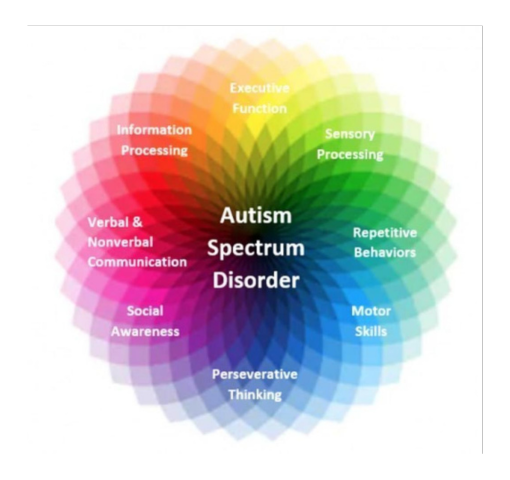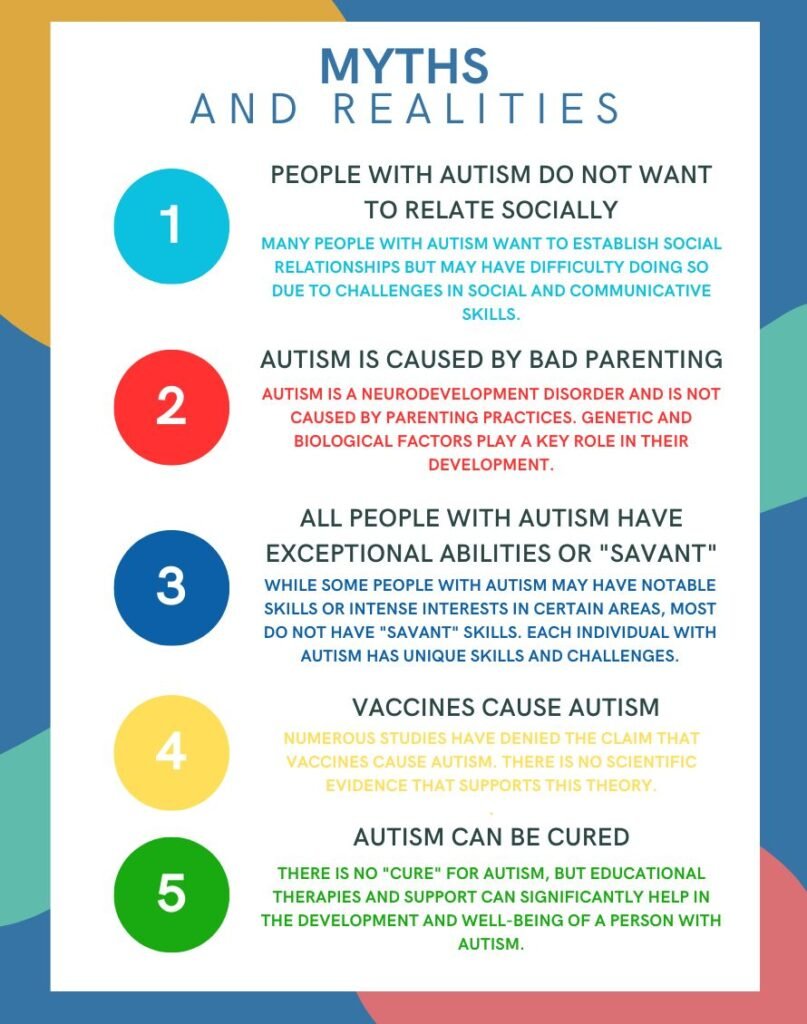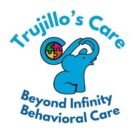Introduction to Autism
Autism, or Autism Spectrum Disorder (ASD), is a complex developmental condition that involves persistent challenges in social interaction, speech, and nonverbal communication, along with restricted/repetitive behaviors. The effects of ASD and the severity of symptoms can vary widely across individuals.
- Defining Autism Spectrum Disorder: Autism is not a single condition but a spectrum of disorders affecting individuals differently and to varying degrees. It is important to understand that there’s no ‘one-size-fits-all’ description.
- Early Signs and Symptoms: Common signs include difficulty with communication and interaction with others, limited interest in activities, or focus on specific topics, repetitive movements, and a desire for a strict routine. Parents often notice signs during the first three years of their child’s life.

Demystifying Autism
It’s crucial to address some common misconceptions about autism to foster understanding and acceptance.
- Myth vs. Reality: For instance, a common myth is that individuals with autism do not want to form relationships. In reality, many want to make friends but may struggle with social skills.
- Recognizing Individuality: Every individual with autism is unique, with their own set of strengths and challenges. It’s vital to treat each individual according to their specific needs and abilities.

Understanding the Spectrum
Autism is often described as a spectrum because there is wide variation in the type and severity of symptoms people experience.
- Asperger’s Syndrome: Once considered a separate condition, Asperger’s is now part of the broader autism spectrum. Individuals with Asperger’s typically have milder symptoms and may have above-average intelligence.
- Associated Conditions: Many individuals with autism also have comorbid conditions such as ADHD, anxiety disorders, or epilepsy.
The Importance of Early Intervention
Early diagnosis and intervention are crucial for improving outcomes.
- Benefits of Early Intervention: Engaging in therapy at a young age can significantly impact a child’s development, including better social skills, communication, and learning.
- Seeking Professional Guidance: If you suspect your child may have autism, consulting with healthcare professionals for an evaluation is a critical first step.
By educating ourselves and others, we can create a more inclusive and supportive environment for individuals with autism.
You can share your experiences, ask questions or ask for advice in the comments. You can also contact us for more information or assistance.
